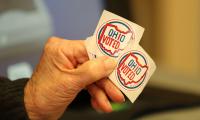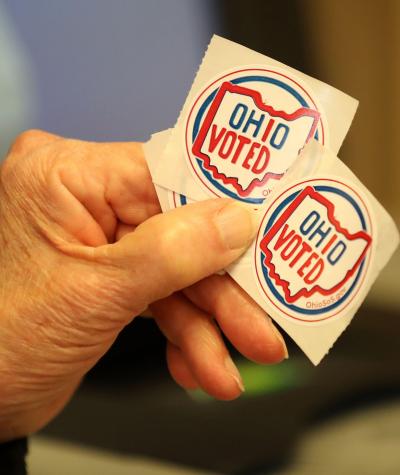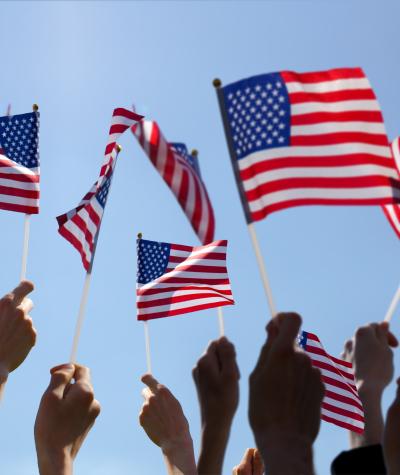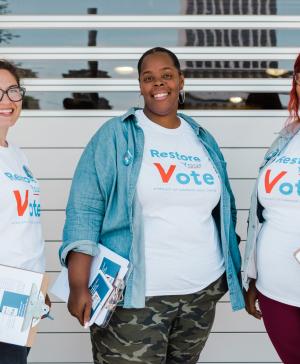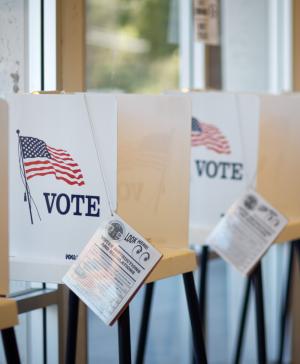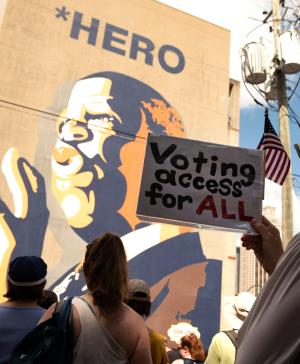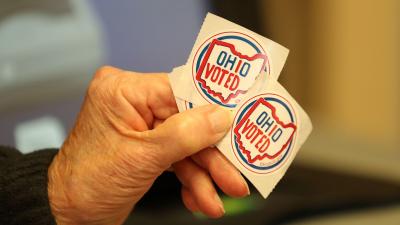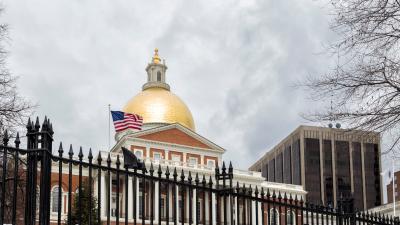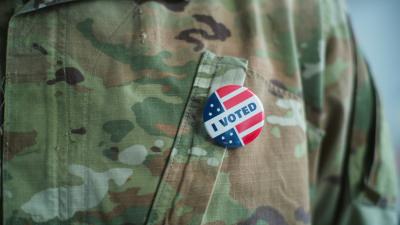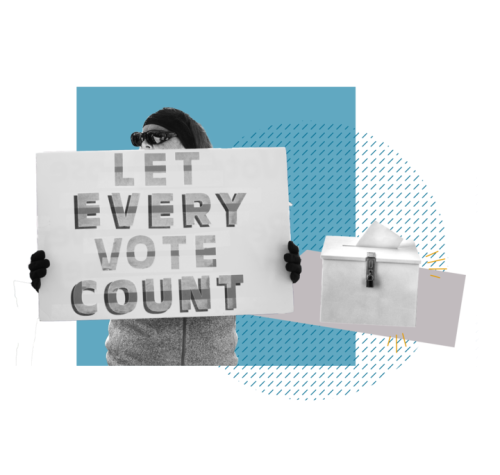
CLC fights in court anti-voter laws that target Black voters, voters of color, and voters with disabilities. CLC advocates to restore voting rights for Americans with past felony convictions, and advocates for state and federal policies that improve and protect in-person voting access and voter registration.
CLC also builds confidence in our election processes at the state and federal levels, including updating the Electoral Count Act to strengthen the guardrails surrounding the Electoral College process. CLC supports policies to bolster protections and streamline the process for the election workers and poll workers who keep our elections safe and secure.
The Latest on Voting and Elections
Key Initiatives
Recent Voting and Elections Cases and Actions
Campaign Legal Center (CLC) and the American Civil Liberties Union (ACLU) filed a lawsuit on behalf of Ohio-based organizations challenging a new law that could deprive many naturalized citizens of their freedom to vote.
Campaign Legal Center (CLC) is representing six jail voting advocates in Massachusetts to compel the Massachusetts Secretary of the Commonwealth to publish statewide jail voting data, as required by state law.
Campaign Legal Center and Protect Democracy filed an amicus brief urging the U.S. Supreme Court to affirm that Congress intended to allow states to continue deciding for themselves whether they would count late-received ballots.
Defending the Right to Vote
Voices of Democracy: Darius
Endless Hurdles: Inside Tennessee's Broken System for Restoring the Freedom to Vote
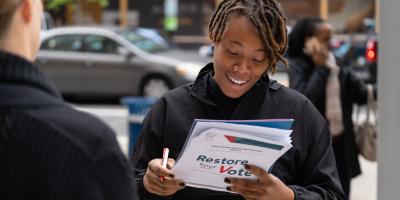
Explore all content related to our voting and elections work
Date Range
Type
